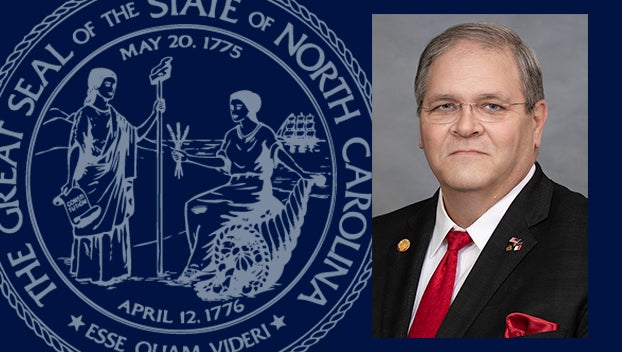Don’t be left in the dark
Published 12:36 am Saturday, March 19, 2011
A decade ago, the Beaufort County commissioners had a habit of going into closed sessions without citing the specific portion of state law that allowed them to do so.
So, why should the public care?
The North Carolina Open Meetings Law requires any public body entering a closed session to first cite “one or more permissible purposes listed” in the law.
In recent years, following protests by media and the public, the commissioners have hewed to the practice of citing exceptions to the law before going into closed sessions.
This way, the public can get some idea of what the commissioners are going to discuss behind closed doors, even if they can’t hear the substance of that discussion.
Boards, councils or commissions may call closed sessions for a handful of exceptions spelled out in the law.
Among these exceptions are the following:
- to avoid the disclosure of information that isn’t public, including, for example, medical records or student records.
- to prevent early disclosure of a prize, award or scholarship.
- to consult an attorney on matters of attorney-client privilege or to instruct an attorney on how to proceed with settlements or judicial action (though the terms of settlements with public bodies eventually become public).
- to mull over the location or expansion of a businesses and talk over whether to offer local incentives (the terms of which also become public eventually, if a deal is struck, and any action has to be taken in open session).
- to consider the acquisition of real property (though, under state case law, the board would have to reveal the location of the property and the purpose for which it would be used, and the terms of any purchase also would become public at some point).
- to deliberate employment contracts.
- to go over a limited set of personnel items.
The law dictates that public bodies have to keep records of what transpires in closed sessions and these records also have to be made public after compelling reasons to withhold them have expired.
Records of closed sessions may be in written form, an audio format or a video format.
Closed-session minutes are covered by the North Carolina Public Records Law.
If an individual or group believes a public body has violated any one of the sections of law listed above, or any part of the records law, the laws permit “judicial remedies.” Anyone can sue a public body to ask a judge to keep that body from violating the law or penalize it for past violations.
Judges also have the power to compel the release of public records that are withheld for unlawful reasons.
In an interview Friday, Amanda Martin, an attorney for the North Carolina Press Association, answered questions about some of the least-understood aspects of the state’s public-records and meetings laws.
The Washington Daily News is a member of the NCPA.
“One of the things might be that they’re there for everybody, not just the media,” Martin said. “It really provides individuals ways to find out about aspects of their government, whether it’s getting documents or going to meetings or things like that.”
Probably the most frequent excuse given for not releasing information or records are the personnel laws, she related.
“Obviously people are very interested, and the media are very interested, in knowing about public employees because those are people who are in very significant roles – police, educators,” Martin pointed out.
The state Legislature amended records laws last year to provide some additional access to information about government employees, and a further amendment introduced in the Senate would open even more information, Martin said.
“Those are some of the issues that seem to come up the most,” she said regarding personnel records.
Copies of the North Carolina public-records and public-meetings laws are available online or through local libraries.





